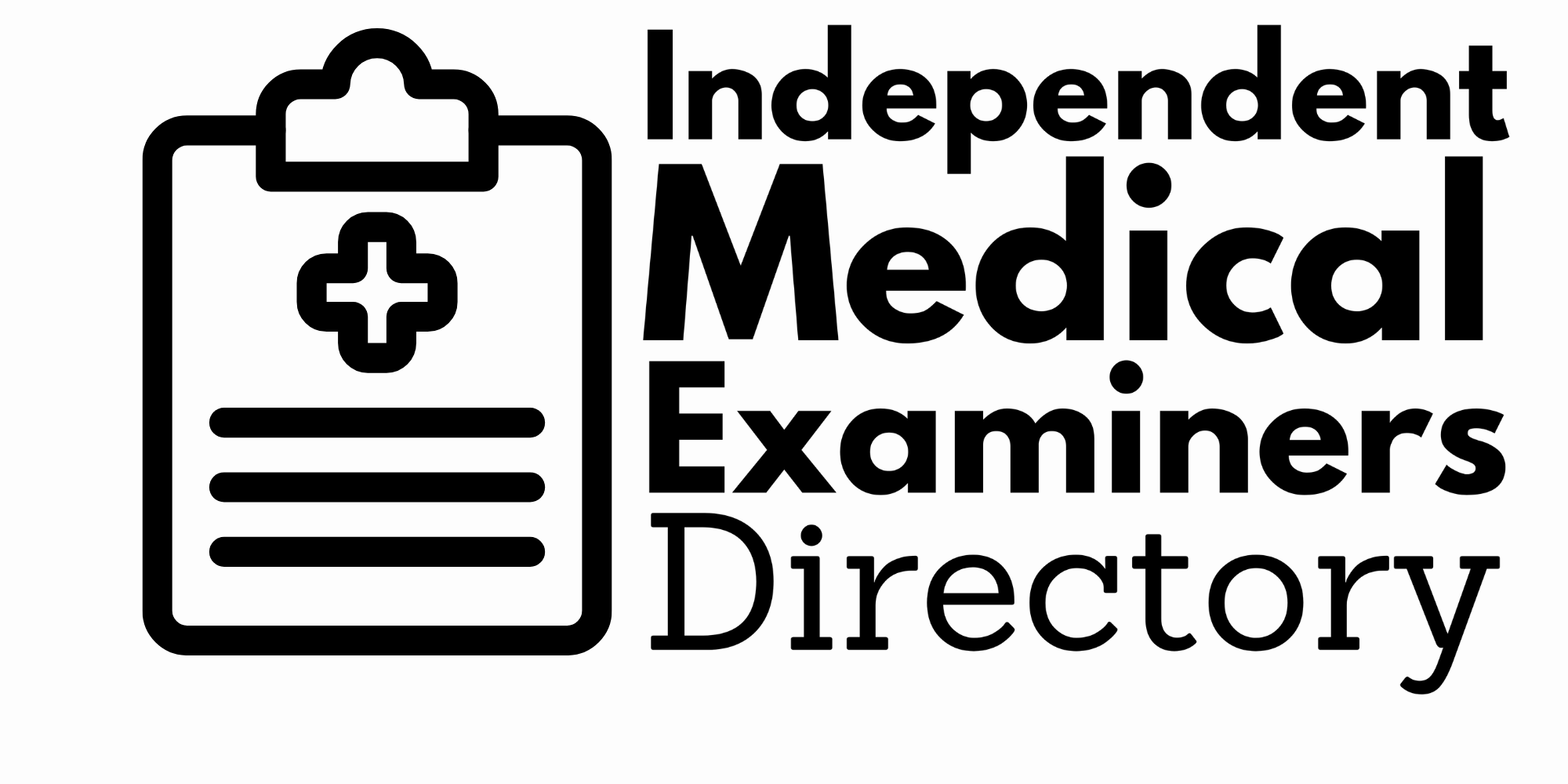In the courtroom, a medical expert’s opinion is only as strong as the foundation it rests on. That foundation starts with credentials. Judges, juries, and opposing counsel all look closely at an expert’s qualifications before deciding how much weight to give their testimony.
Why Credentials Carry Weight
First impression: A CV is often the first thing attorneys and courts see—it sets the tone.
Credibility check: Degrees, board certifications, and professional memberships help establish authority.
Gatekeeping: Under Rule 702 and Daubert/Frye standards, credentials help determine admissibility.
Core Elements of Strong Credentials
Relevant Education – Degrees from accredited institutions, specialized training, fellowships.
Board Certification – Especially in the specialty or subspecialty at issue.
Active or Recent Clinical Practice – Shows familiarity with current standards of care.
Academic or Teaching Roles – Demonstrates recognition by peers.
Published Work – Peer-reviewed articles, guidelines, book chapters.
Professional Memberships – Active participation in specialty societies.
Awards and Honors – Evidence of respect within the field.
Red Flags for Attorneys to Watch
Credentials unrelated to the matter at hand.
Outdated certifications or expired licenses.
Inflated titles or unverified claims.
Long gaps in clinical activity without explanation.
How Opposing Counsel Uses Credentials
Expect them to:
Cross-check CV details against public databases.
Highlight anything outside your claimed specialty.
Question gaps, expired licenses, or lack of recent clinical work.
Compare your background to opposing experts to suggest imbalance.
Presenting Credentials Effectively
Keep your CV current—update after every significant change.
Organize credentials logically: education, certifications, clinical roles, publications.
Be ready to explain how each credential supports your role in the case.
Avoid overloading with unrelated achievements; focus on what’s relevant.
Beyond the Paper
Credentials open the door, but they’re not the whole story. Once you’re in the courtroom, credibility also comes from:
Clear, consistent testimony.
Transparent methodology.
Professional demeanor.
The ability to teach complex concepts simply.
Bottom line: Strong, relevant credentials establish your authority before you say a word. Keep them accurate, current, and clearly connected to the opinions you’ll give—because in court, credentials matter.
